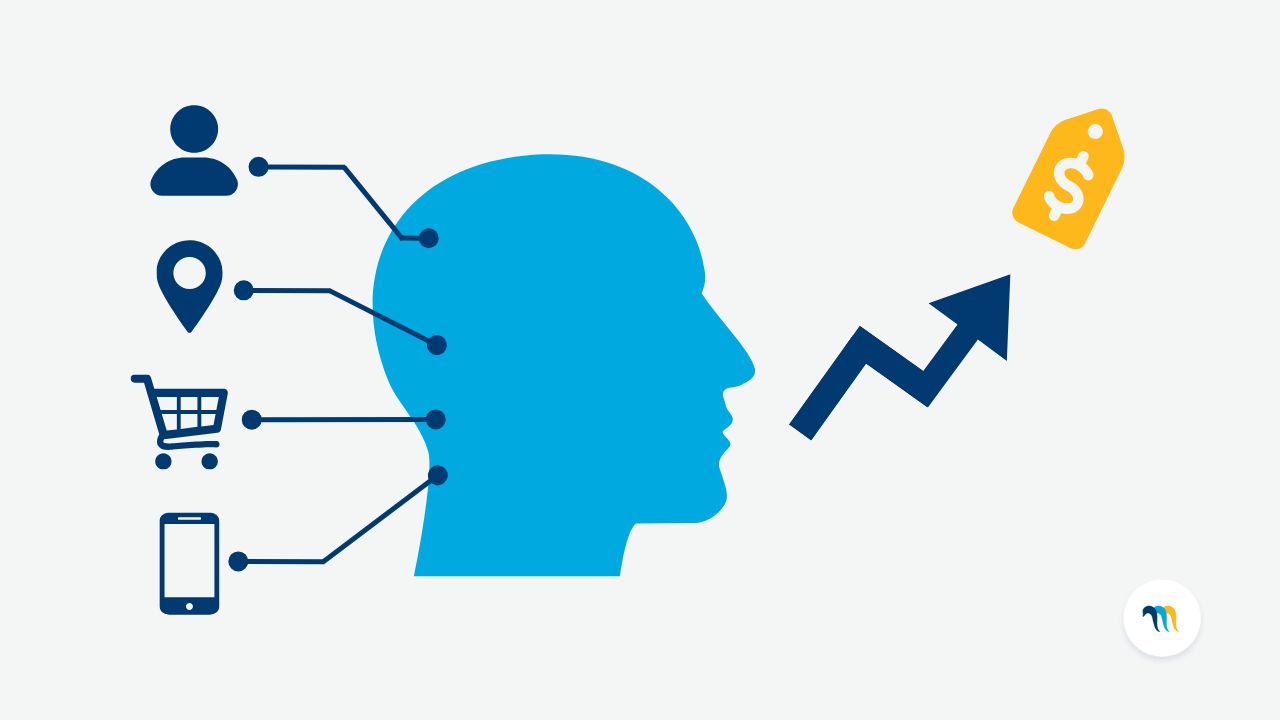
Is Shopify the better option for your eCommerce?
Discover if Shopify is the platform that you need to drive your online commerce.
Discover if Shopify is the platform that you need to drive your online commerce.

Shopify allows sellers and brands to create an completely personalized e-commerce in a quick and easy manner, without the need to program a website. This CMS was born to help businesses complete their digital transformation and sells their products online as well. However, is it effective and profitable for all businesses? The decision to construct or not construct your e-commerce in Shopify will depend on other factors, your growth plan and profit margin stipulated according to your pricing strategy. To help you, at Minderest we explain to you the pros and cons of this tools.
Actually Shopify has more than 1,700 businesses across the world that rely on the platform for the creation and management of their e-commerce. During the year 2020 it experienced a notable turnover growth and formalized agreements with big tech, like Instagram. This turned it into a very reliable sales channel.
Shopify allows for fast and agile order management, which guarantees tranquility of users and productivity of the brand.
On the other hand, all of Shopify’s plans, including the cheapest ones where sellers pay a quota of $29 per month, allow for the publication of an infinite product catalog organized in infinite categories.
On a technical level, this CMS also contributes the following benefits to e-commerce:
Included, for the businesses that need it, is that Shopify has tools that implement email marketing campaigns or activate sales through social media.

Disadvantages of creating your e-commerce on Shopify.
Limited Checkouts: the user shopping experience is conditioned by the deficiencies of the Shopify checkout, that does not allow for high customization according to the image of your brand. This can provoke a page that is not optimized and favors the abandonment of carts.
Sales commissions: monthly quotas should add the commission payment for determined transactions following the payment method implemented and elected by users. For example, the platform charges additional costs for credit card payment and for every movement made with an external payment provider.
Poorly optimized blog: despite the fact that Shopify offers the possibility of opening a blog in every e-commerce, it is not one of its strong points. This will complicate the labor to improve the SEO of the store to increase web traffic.
Proprietary software: Shopify does not have an open source, and so it doesn’t facilitate direct customization of the website for users. For this it will be necessary to acquire a new service package.
Based on these pros and cons you can choose if you’ll opt for Shopify for your e-commerce or to set up your online store from scratch with the help of professionals. This decision will also influence the market you are targeting and its level of competition. For the more competitive markets, it is recommended to opt for your own e-commerce, outside of Shopify, to differentiate yourself from the rest and call the attention of potential clients. If you have doubts, start by monitoring your competition, your distribution channels, and your prices. This information can help facilitate decision making.
Find out how Minderest can take your business to the next level.
Contact our pricing experts to see the platform in action.


